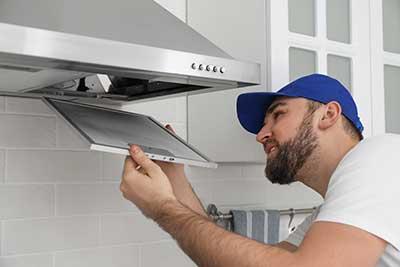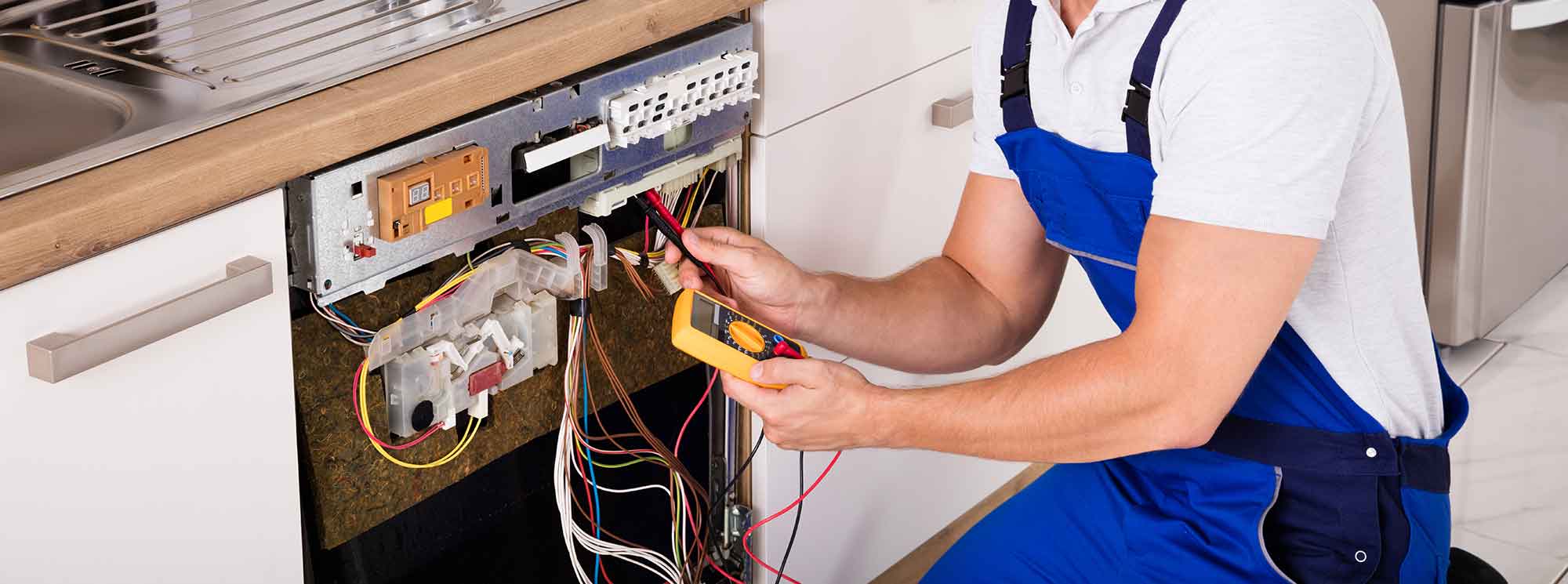Notifications

10 minutes, 34 seconds
-79 Views 0 Comments 0 Likes 0 Reviews

A refrigerator is an essential household appliance that plays a critical role in keeping your food fresh and safe. When it breaks down or starts malfunctioning, it can cause a lot of inconvenience and potential food spoilage. Knowing how to spot common fridge problems early and understanding when to call in a professional for repairs can help you maintain your appliance and avoid unnecessary stress. This guide will walk you through common fridge issues, how to diagnose them, and what steps to take to fix them quickly.
Common Fridge Problems
Fridges, like any other appliance, can develop issues over time. One of the most frequent problems is inconsistent cooling. If your fridge isn’t cooling properly, it could be due to a number of reasons, such as a malfunctioning thermostat, dirty condenser coils, or issues with the evaporator fan. Another common issue is excessive frost buildup in the freezer, which may indicate a blocked vent or a malfunctioning defrost system. Leaking water is another issue that many homeowners face, often caused by a clogged defrost drain or a broken door seal. Additionally, a noisy fridge can point to problems with the compressor, fan, or motor. Knowing how to identify these issues can help you take action before the problem escalates.
Spotting Cooling Problems
When your fridge isn’t cooling as it should, the first thing to check is the thermostat. If it’s set too high, the fridge might not cool effectively. Adjust the temperature setting to a lower number and give it some time to see if it improves. If the problem persists, it’s worth checking the condenser coils. These coils, located on the back or beneath the fridge, can accumulate dust and debris, which makes it harder for the appliance to cool. Use a vacuum or a coil cleaning brush to clean them. If this doesn’t solve the issue, the evaporator fan or compressor might be malfunctioning, and it’s best to call in a professional repair technician. A qualified technician will be able to diagnose and repair these issues, ensuring that your fridge returns to optimal performance.
Excessive Frost Buildup
Excessive frost in the freezer is another common problem. This can occur when warm air enters the freezer, either due to a broken door seal or a blocked vent that disrupts the airflow. It can also be caused by a faulty defrost heater, which is responsible for melting any ice buildup during the defrost cycle. If you notice a thick layer of frost in the freezer, check the door seals to make sure they’re intact. If the seals are damaged, replace them to prevent warm air from entering the freezer. If the problem is with the defrost system, you may need to contact a professional repair service to replace the faulty components and prevent further buildup.
Water Leaks and Puddles
Water leaks inside or around your fridge can be frustrating and may result in water damage to your floors. One of the primary causes of water leaks is a clogged defrost drain, which can prevent water from draining properly during the defrost cycle. To fix this, try locating the defrost drain, usually found at the bottom of the fridge, and clear any fridge repair cleaner or warm water. If the leak persists, the issue might be related to the door seal, which could be torn or misaligned, causing condensation to form. Replacing or adjusting the door seal can often resolve this problem. Additionally, ensure that the refrigerator is level, as an uneven fridge can cause water to pool inside.
Unusual Noises
A noisy fridge is another indicator that something may be wrong. Different sounds can point to different issues. For example, a loud buzzing sound might be a sign of a malfunctioning compressor, while a rattling noise could be coming from the fan or motor. A clicking or buzzing sound may indicate that the condenser coils or evaporator fan are obstructed by dirt or debris. If the noise persists after cleaning these parts, it may be necessary to replace the fan motor or compressor, which is a job best left to a professional. A technician will be able to accurately diagnose the cause of the noise and perform the necessary repairs to restore the fridge to quiet operation.
Fridge Not Turning On
If your fridge won’t turn on, the first thing to check is the power supply. Ensure the fridge is plugged in properly and that the power outlet is working. You can test the outlet by plugging in another device to make sure it’s supplying power. If the outlet is fine but the fridge still doesn’t turn on, the issue may be related to the thermostat, control board, or the power cord. If none of these components seem to be the problem, it’s likely that the fridge’s compressor or motor is faulty, which will require professional assistance. A technician will be able to assess the situation, determine the root cause, and replace any defective components.
When to Call a Professional
While some fridge problems can be resolved with DIY solutions, many issues, particularly those involving electrical components, refrigerant, or motors, require professional expertise. If you’ve tried troubleshooting basic problems like adjusting the thermostat, cleaning the coils, or replacing door seals, and your fridge still isn’t working properly, it’s time to call a professional repair technician. A technician will have the necessary tools and knowledge to perform in-depth diagnostics and repair or replace faulty parts. If your fridge is under warranty, calling a professional is especially important to avoid voiding your warranty by attempting unauthorized repairs.
Preventative Maintenance for Longevity
To avoid frequent repairs and keep your fridge in top condition, regular maintenance is key. Start by cleaning the condenser coils every six months to ensure efficient cooling. Make sure the door seals are in good condition and replace them if necessary to prevent warm air from entering the fridge. Regularly check the defrost drain for blockages and clear any debris that could cause water to leak. Keeping the interior of the fridge clean and free from spills and food buildup will also help maintain its efficiency. Lastly, level your fridge regularly to ensure it drains properly and doesn’t experience any issues with water pooling inside.

Choosing the Right Repair Service
When it comes to choosing a repair service for your fridge, look for a company that has certified and experienced technicians who specialize in fridge repair. A reputable service provider should offer transparent pricing, warranties on repairs, and a track record of good customer reviews. You should also choose a repair service that provides timely and efficient service to minimize the disruption caused by a broken fridge. Ask for an estimate before agreeing to any repairs and ensure that the company offers parts and labor warranties for added peace of mind.
Conclusion
A malfunctioning fridge can be a significant inconvenience, but with a little knowledge, you can spot common problems early and address them quickly. Whether it’s cooling issues, frost buildup, water leaks, or strange noises, many fridge problems can be resolved with basic troubleshooting and cleaning. For more complex issues, however, it’s important to call in a professional repair technician who can diagnose and fix the problem effectively. Regular maintenance is the key to extending the lifespan of your fridge and avoiding expensive repairs. With the right care and attention, your fridge will continue to serve you well for years to come.

